
Greetings from ISTC Leadership
2021 was another unprecedented year in a multitude of ways. We watched the COVID-19 pandemic and its variants continue to have a deep and long lasting impact on our state’s human and economic health. Illinois was challenged, but the collective power of government, corporate, and non-profit efforts not only rose to meet those challenges, but deepened our understanding of what it means to be human and our commitment to helping everyone thrive.
As companies closed, other companies became more innovative and pivoted from product to product and service to service as they navigated the sustained pandemic economy. New entrepreneurial efforts were underway more than ever before, especially with historically marginalized founders. In 2020 we watched watershed moments of tackling social injustices in a sustained and powerful way and in 2021 that impact journey advanced. Some days in profound sadness and others in historical change.
The Illinois Science & Technology Coalition (ISTC) continued to measure, connect and advocate for the state’s innovation community and our work highlighted the importance of research, innovation, education, and entrepreneurship in solving challenges that improve people’s lives.
Through a year of continued separateness, we we’re successful in connecting, aligning and supporting public and private members of the state’s STEM community through another challenging year.
We implemented our ARC equity framework across the organization, from our vendors, team, and our board to every new and legacy program we created and supported. ARC stands for “ Access to opportunity, Responsible use of our power and listening to our Community/Collective voices – in everything we do.” Through our equity framework we reimagined what our membership table could look like and those who were seated there. Our members have always included the state’s research universities, federal labs, leading companies, high schools, and a network of civic/non-profit organizations and our outreach in 2021 included more non-profits, smaller innovative colleges and universities and emerging startups throughout Illinois.
This last year has been another challenging year for educators and students and our education team rose to the virtual challenge as we pursued lasting connections between companies and classrooms to build Illinois’ STEM talent pipeline. In 2021, we reached a record number of students across more than 49 Illinois high schools in 11 Counties and engaged more mentors than ever before. Our global mentor network used our Mentor Matching Engine e-mentoring platform (MME) to meet the virtual and equity challenges on a deeper level than ever before. We are determined to bring MME to even more students and organizations across our state, as well as key partners across the country.
We’d like to recognize and thank our committed group of members, partners and funders, who represent the heartbeat of the state’s innovation community and work to enrich the state’s economy. They not only shared our passion and mission; they were unwavering in their support.
Finally, we thank our tremendous board of directors for their dedicated leadership and ongoing guidance through an unprecedented year. We’d also like to thank them for their support in our new strategic vision as we navigate not only the emerging-COVID-19 economy, but the new tech economy.
We invite you to review our annual report to learn more about our 2021 accomplishments. You’ll notice a brand new look and feel this year, something we are very proud of and hope you love as well. Our work has always been rooted in bringing “Idea to impact.” Through I-D-E-A, Innovation, Data, Education, and Advocacy, we continue to make a meaningful impact on the STEM community as we pursue our strategic vision. We look forward to advancing our supportive journey with all of you.
Colleen D. Egan, President and CEO
Illinois Science & Technology Coalition
Laura Appenzeller, Board Chair
Executive Director, University of Illinois Research Park & EnterpriseWorks Technology Business Incubator

Letter from ISTC President and CEO
The year 2021 was my first complete year in leading the Illinois Science and Technology Coalition and it was an incredible journey. I was hired in the first few months of the Covid pandemic and my work continued navigating through this extraordinary time. The light of an emerging day guides me with hope and I wake up every day, excited to get to work.
My team has been quite remarkable throughout, creating space and grace for each other and those we serve. Our entire organization went through some challenging transitional times in 2021, but it never stopped the work. We incorporated our equity framework, completed a five month rebrand of our organization, re-defined membership, brought in numerous new partners and grant relationships, supported initiatives throughout our state’s ecosystem, supported more students in K-12 STEM education than ever before, and turned three successful pilots into impact programming across the state. We built a larger team which is rich in experiences and unique in voice and our strategic vision of 2022 is proudly ambitious.
I’m so proud of what we’ve done and look forward to what we can accomplish in 2022. Thanks for your support in this continuing journey.
-Colleen D. Egan
2021 Team
New Board Chair in 2021
Laura Appenzeller, Executive Director,
University of Illinois Research Park & EnterpriseWorks Technology Business Incubator
New Board Members in 2021
Jose Leboreiro Hernandez, Archer Daniels Midland
Jess Goode, Illinois Institute of Technology
Temitope (Tope) Sadiku, Kraft Foods
Vivek Mehta, NORC
New Members in 2021
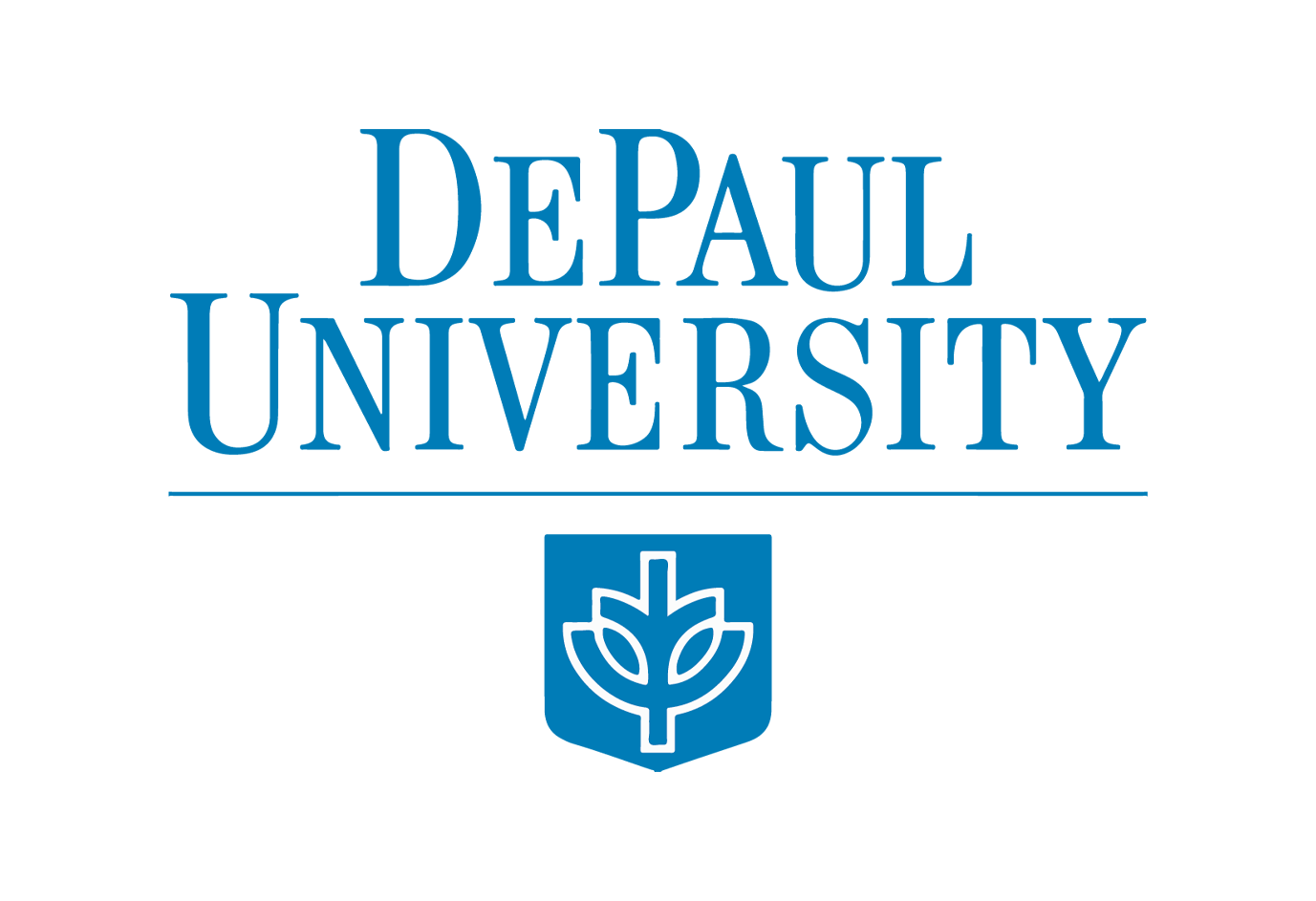
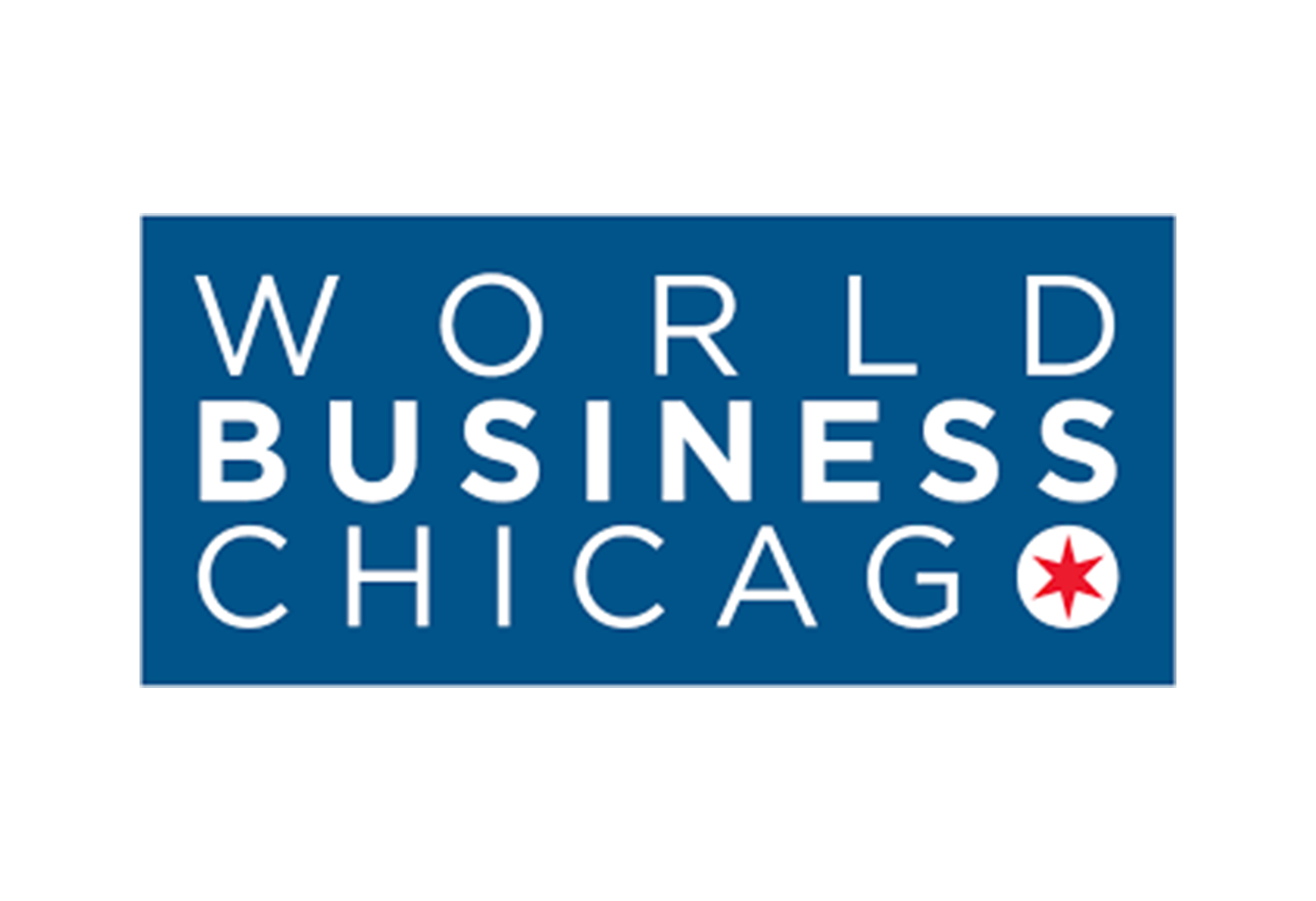
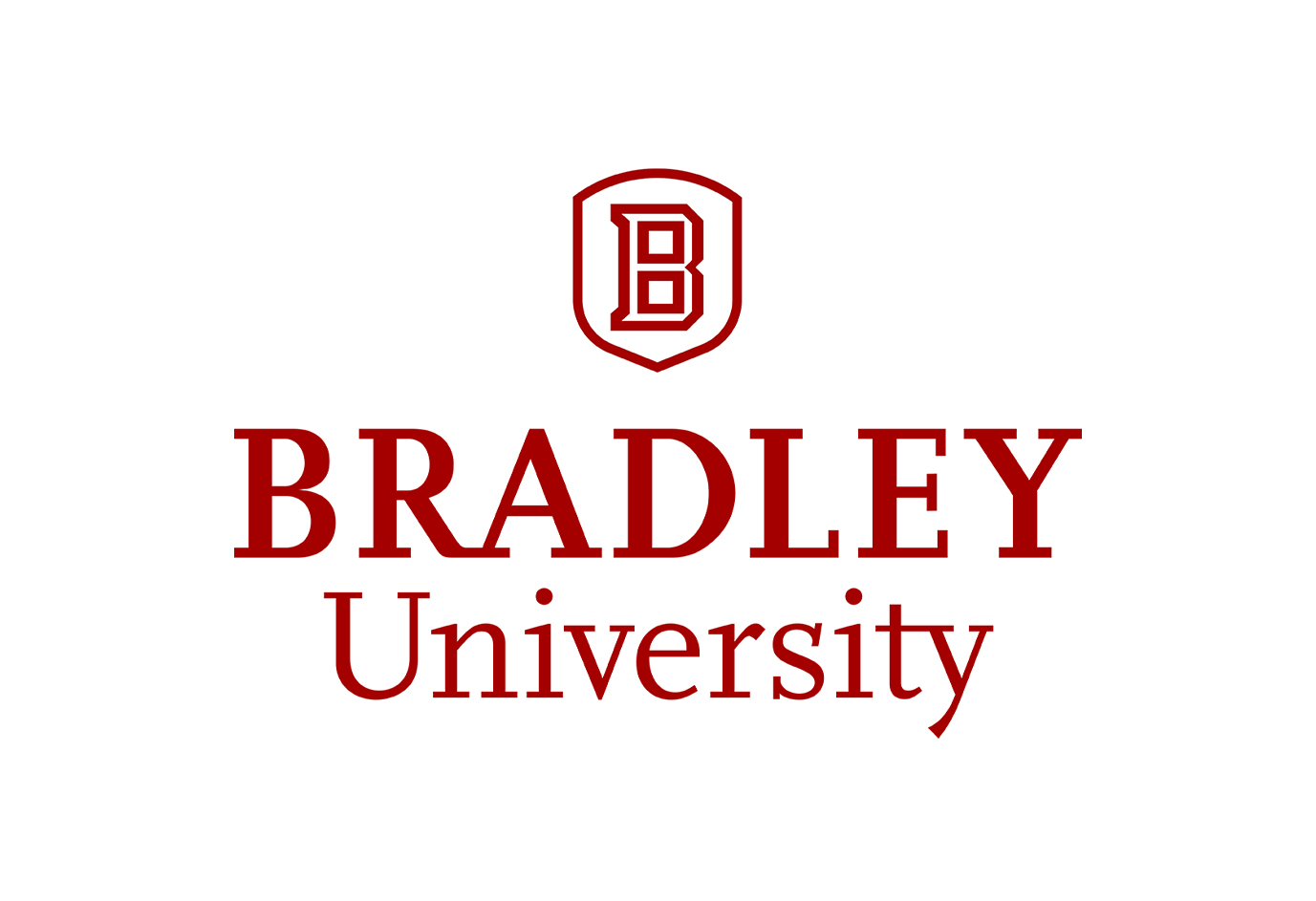
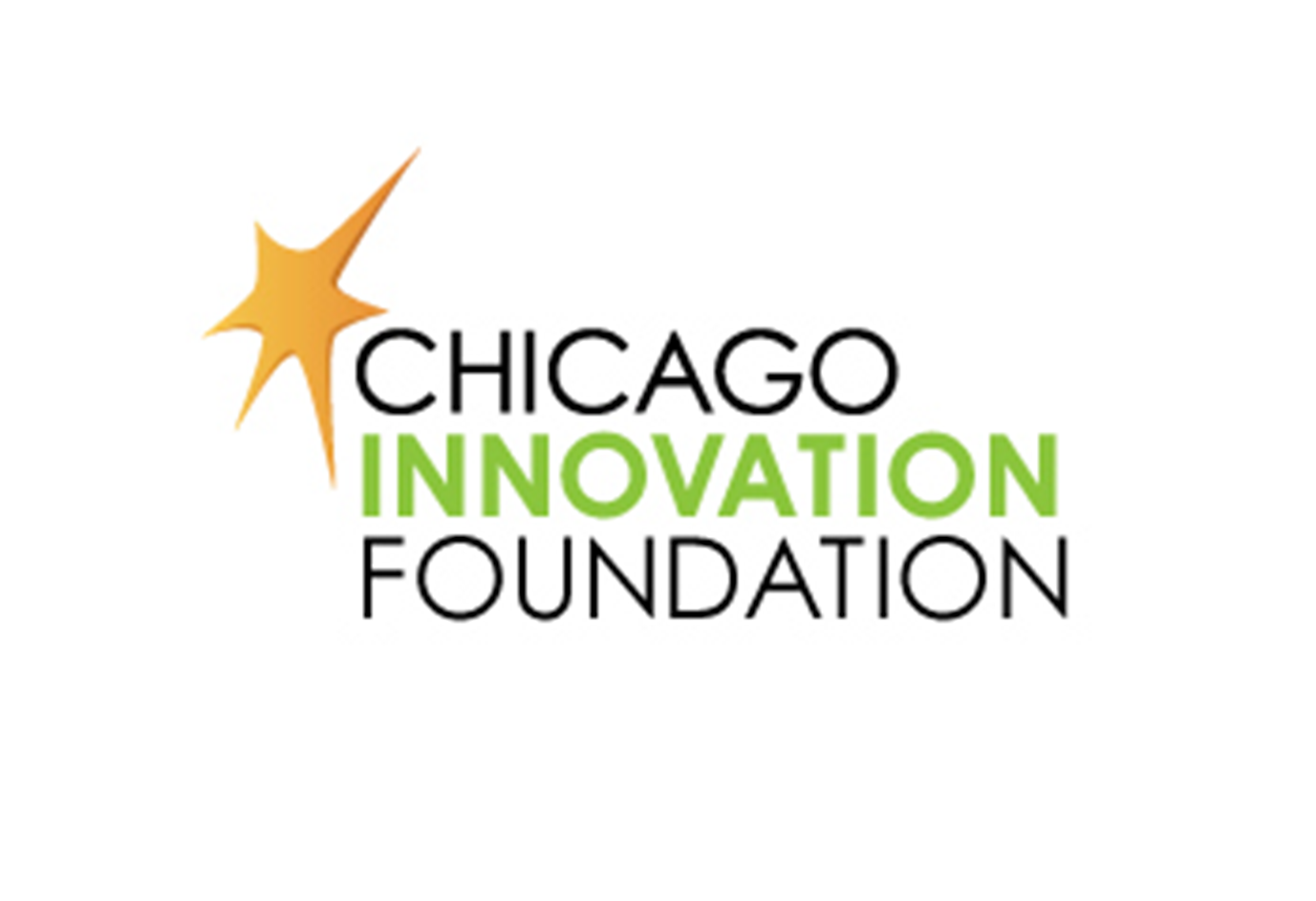
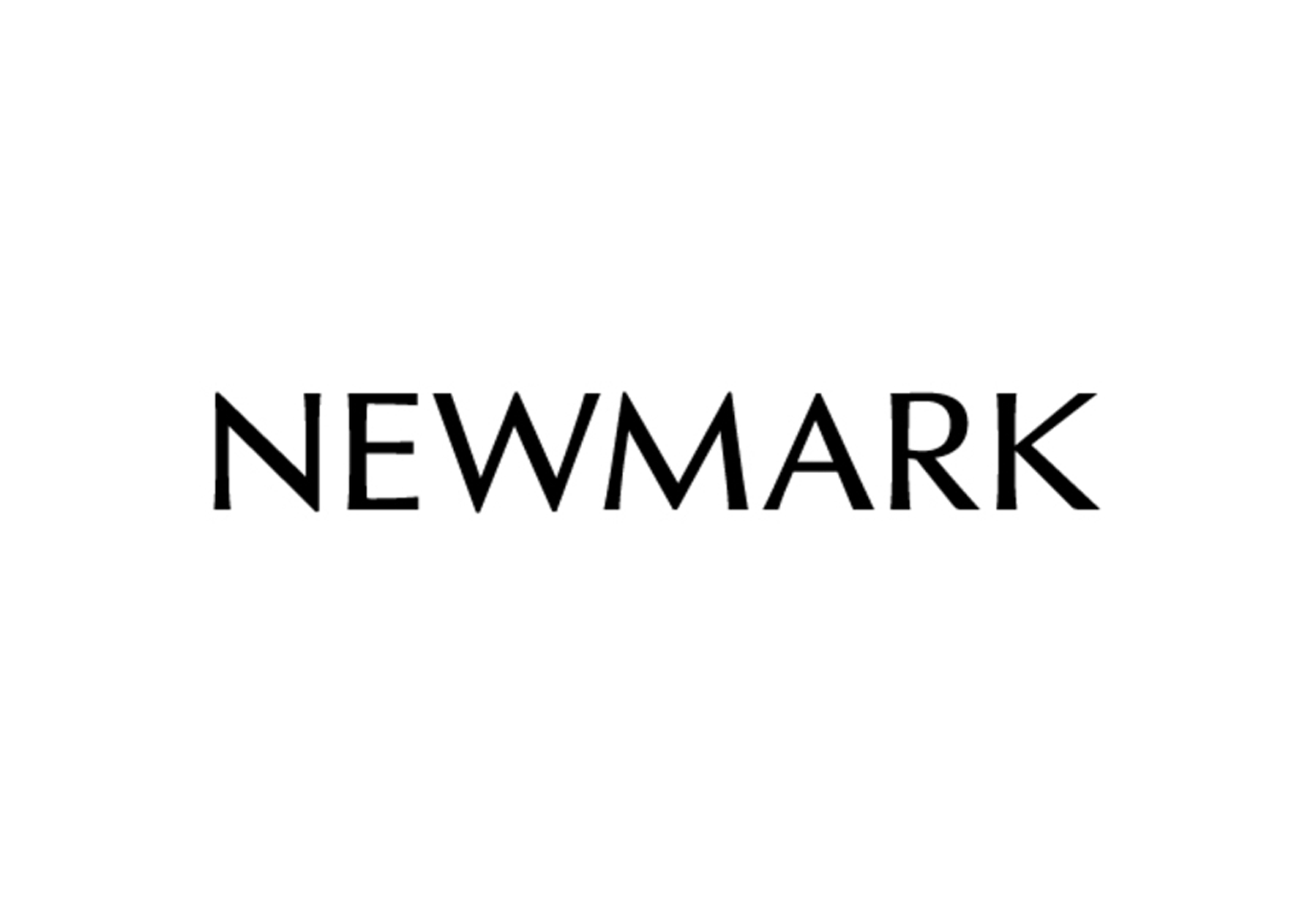
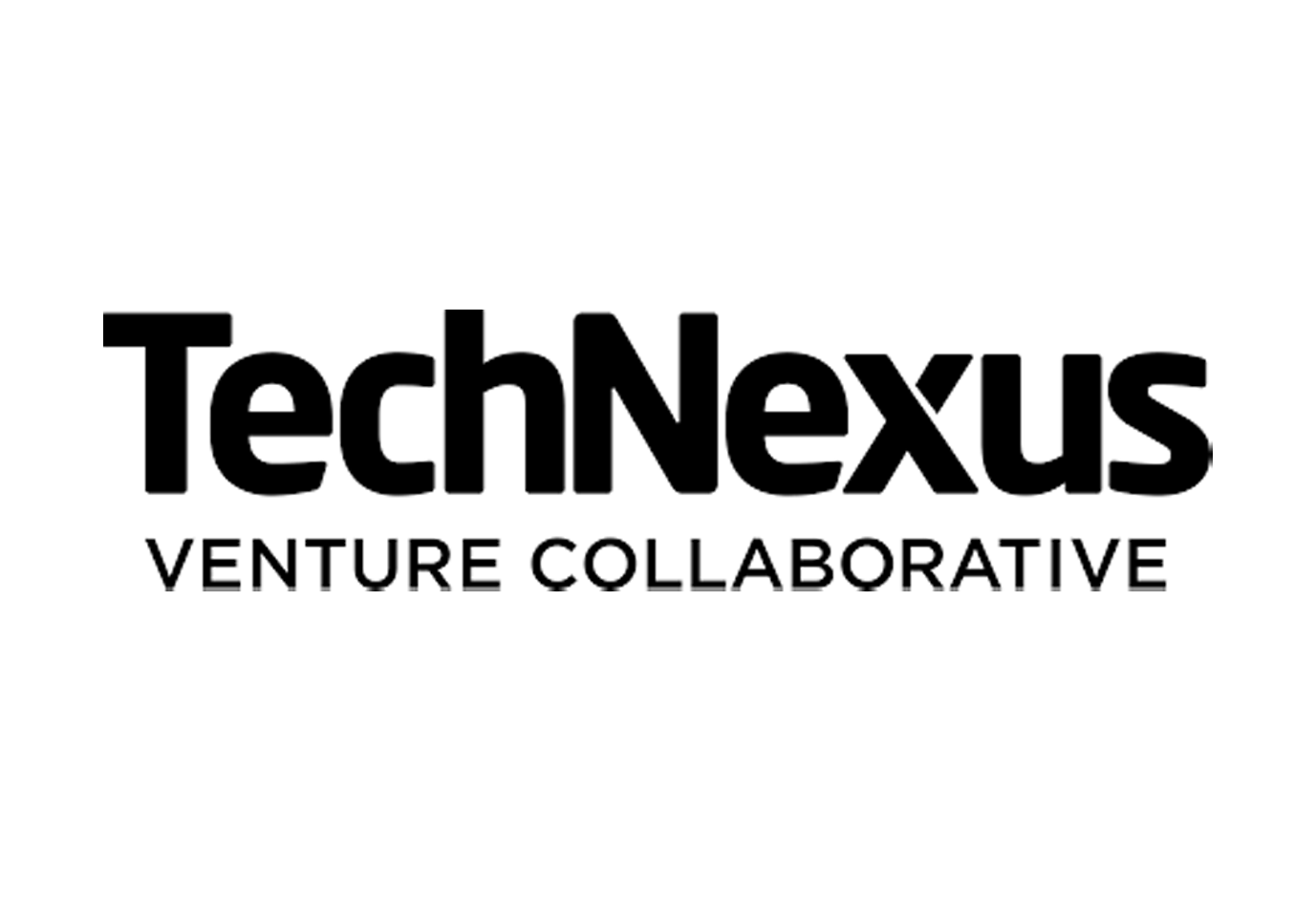
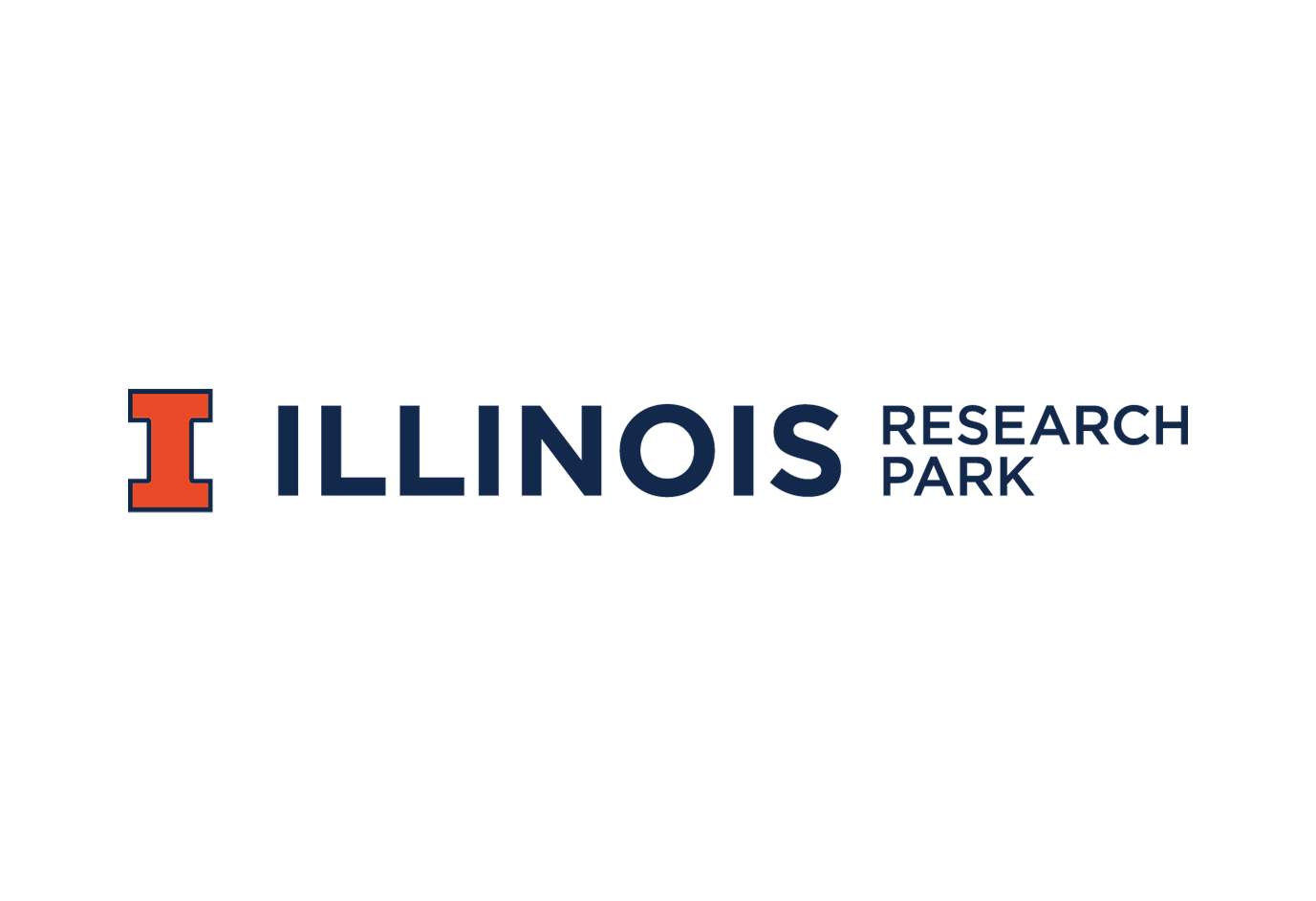
New In-Kind Supporters


Thanks To All Of Our Supporters
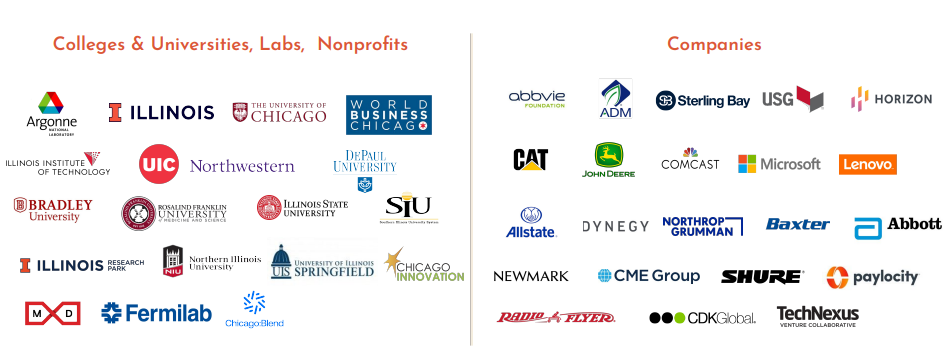

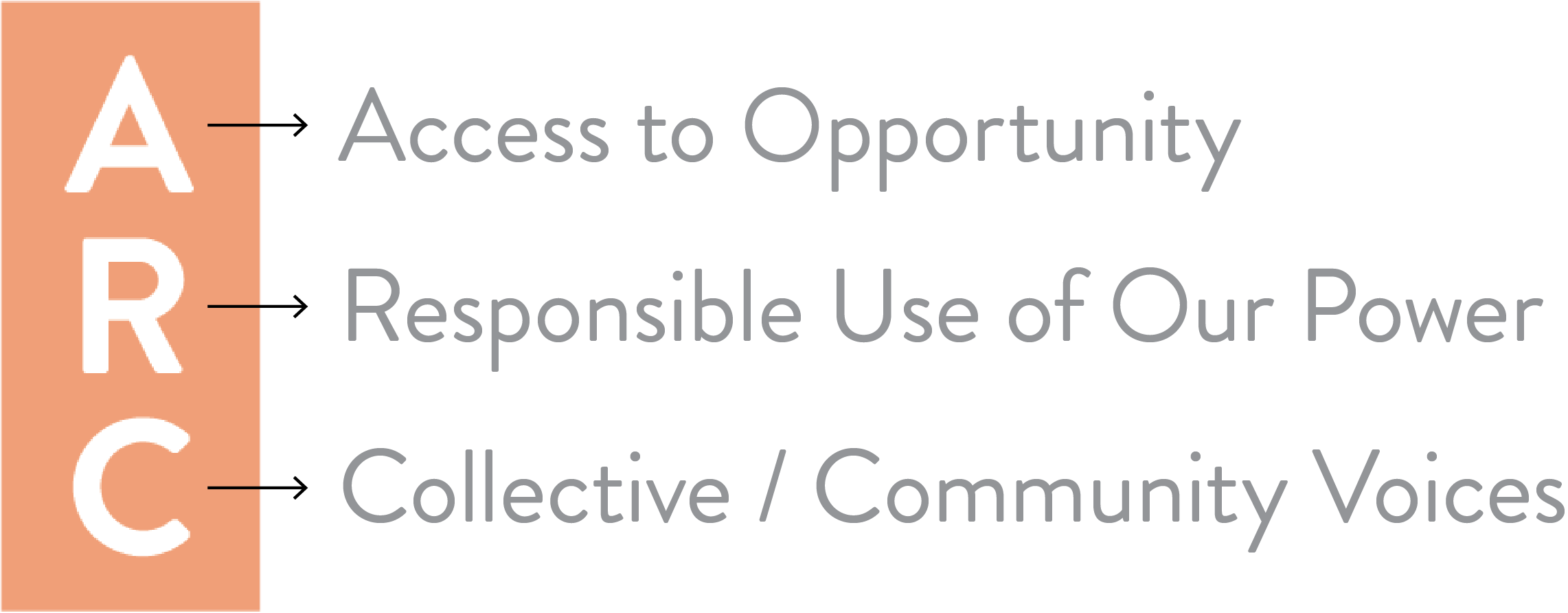
We made the decision to move forward from vendors who couldn’t meet our equity guidelines and brought in more women and minority founded companies. Our accounting, auditing, design, DEI, grant, educational and external consultants are over 70% women or minority led companies and we will continue to maintain levels over 50%
We set a 25% diversification goal for our board in 2021 and our board of 15 is now 53% women and/or minority members. Currently the board is only 14% women and our goal for 2022 is to bring this number to 25%+
Our team continues to grow and is currently 70% women, 25% minority. Our goal for 2022 is to increase our black and latinx team by another 20%
Our DEI work continues in everything we do and we are proud of our partnerships with The Darkest Horse, Ethos, and the #UntilJusticeJustIs campaign.
Learn more here: www.istcoalition.org/arc-framework
Identity
We started working with All Together in early 2021 to create an up to date look and feel for our brand, while bringing the work of the Coalition (innovation, data and advocacy) and the Institute (education) together in a powerful way. Based on our history of bringing IDEA to IMPACT, four sub-icons as well as program icons complimented the new powerful and identifiable mark. Through months of stakeholder and community interviews and multiple iterations and color collections, we were so proud to bring this new identity to everything we created.
“The All Together team was simply wonderful to work with from start to finish on our rebranding. They were so thoughtful in interviewing our stakeholders and surprisingly, we learned so much about ourselves in the process. They created a flexible design and messaging system that our multifaceted organization could collectively embrace yet celebrate individually.
They captured all of our unique voices and designed an anthem of visual understanding for our innovation ecosystem.”
-Colleen D. Egan, CEO


2021 Launch and Partnerships
Since launching Venture Engine with World Business Chicago in September, we’ve hit the ground running. Over the last quarter of 2021, our platform has experienced great traction for the future of what we’re building in the new year. TechNexus Venture Collaborative joined our mission in November and have been amazing partners alongside WBC in not only creating opportunities for our startup ecosystem but adding value to our corporate partners looking to invest in IL’s most innovative businesses.
Venture Engine Insights
Venture Engine now has over 70 investment-ready startups on the platform, which we’ve received through referrals from our trusted community partners across the state. These startups range across over 50 different sectors. The top trending sectors since our launch have been Artificial Intelligence, Financial Technology, Manufacturing and logistics based services, as well as BioTech and Clean/Climate focused technologies.
Additionally, we’ve seen an increase in both minority founders (34%) and women founders (19%) within our platform. Our ARC framework constantly serves as the compass for Venture Engine’s mission, especially as we strategize fresh ways to create a more inclusive and equitable pipeline for our founders to receive funding opportunities and other needed resources.
Events and Community Engagement
In December, we ended the year with our first corporate lunch and learn event, giving both our corporate board members and several other industry leaders within the state an inside look at the platform and the program year to come in 2022. This was paired alongside the return of our podcast, The State of Innovation, which continues to amplify the missions and voices of our community members across industry, higher education, and so much more.
2021 was a true research and development year for us as we continued to improve our programming. 2022 will be a year filled with abundant opportunities for our ecosystem of founders and corporations, including learning, growth, and engagement through the Venture Engine Platform as well as networking events, workshops, and startup showcases

Researchers to know 2021
ISTC released its fourth annual list of “Researchers to Know” at Illinois’ universities. Though this list is far from comprehensive, it provides a more detailed look at some of the researchers that are driving innovation in the state—from those advancing new treatments in medicine, to those revolutionizing computing and shaping new technologies in the 21st century.
To create this list of distinguished researchers, ISTC reached out to university partners across the state to nominate faculty that have demonstrated excellence in their work. An emphasis was also placed on researchers that have recently achieved milestones, such as publishing an influential paper, receiving national recognition, or commercializing a new innovation. What followed was a cross-section of noteworthy faculty from all corners of the state – each possessing unique research strengths that illustrate the critical role of Illinois’ university research in the national innovation economy.
R&D
Illinois remains a national leader in R&D and Business output. Private Industry Output in the state ranked 5th nationally in 2020. Illinois is in the top 10 among a number of sectors in statewide R&D. Despite a drop off in 2018 in total Business R&D funding from the previous year’s data Illinois businesses have obviously moved forward during trying times as economic hardships continue to encumber the U.S. economy because of the pandemic.
University Research
According to recent data reports from the National Science Foundation Illinois is outpacing national growth in the amount of research funding coming from industry partners. Between 2015 and 2019 private companies increased their funding to Illinois Universities by 8.40% outpacing the U.S. growth rate of 6.02%. $179 million was allocated by companies to universities in Illinois, the 8th highest total nationally in 2019. Despite Illinois ranking 9th in total dollars invested in university research, the state is the lowest among the top 15 states in the amount of money coming from State and Local allocations ($39.15 million). North Carolina, by comparison, received about $3.39 billion in University Research Funding, the 7th most research funding in the entire U.S., with about $162 million being contributed from S&L funds, more than quadrupling the amount in Illinois.
Research Space
The NSF reports that Illinois has the 6th most available research space (9,358,777 sq. ft.) among states in the U.S. The Illinois State government made major investments in research space this year, particularly life sciences space. Over the past decade Illinois state and local research funding has fallen as a percentage of the total amount of dollars allocated for research to universities in the state. While states with major research clusters like California and Massachusetts provide around 17% of funding for new research space construction, only 12% of new construction costs have been covered by Illinois’ state and local dollars in the last decade. Thus, Illinois is at the very bottom among the top 25 states in available research space when looking at the percentage of New Facility Construction Costs provided by State and Local authorities since 2008.
Business R&D
Just under $13.2 billion was allocated by businesses based out of Illinois for general R&D projects according to the most recent data available in FY 2019. 1/3rd of these R&D projects were performed by Pharmaceutical companies ($4.1 billion). Illinois ranked 1st in food tech R&D funding ($774 million), 9th in Computer and Electronic products ($1.3 billion), 6th in Medical Equipment R&D ($419 million), 6th also in Pharmaceutical research, and 7th in Professional Services ($835 million) R&D. Computer & electronics ($180 million), professional services ($163 million), and transportation ($92 million) all saw significant business R&D growth in 2018. Illinois’ business R&D growth in food, medical equipment & supplies, and electrical equipment has also significantly outpaced the national trend over the past decade. It’s also important to note that total business R&D activity in the state can fluctuate significantly based on large R&D projects that do or do not happen in a given year, and a one-year decline doesn’t necessarily indicate a long-term trend. Between 2010 and 2017, business R&D activity in Illinois grew by $2.2 billion, despite one-year declines in both 2011 and 2014.
Illinois Startups in 2020-2021
According to ISTC’s University Entrepreneurship survey 913 new startups were founded in the state (in participating universities) between the 16/17 academic year and the 20/21 academic year. In the 2020/2021 Academic year 136 start-ups were founded, 14 of which were founded (or co-founded) by foreign-born individuals. 28 of those start-ups founded in 2020/21 have a female co-founder.
SBIR
Small businesses in Illinois were the recipients of 65 Small Business Innovation Research grants in 2021. These grants help accelerate the innovation process and grease the wheels of tech output in the state; and Illinois has stayed consistent in the number of awards earned, with the state ranking 11th in 2021, 14th in 2020, and 13th in 2019. Nine of these grants in 2021 were for Illinois businesses licensing technology from a university in the United States. For those small businesses and startups who were licensing university technology, the average Illinois recipient received nearly $227,000 dollars in federal funding, just over $12,000 more than the average STTR recipient nationwide in 2021. Those 56 SBIR grants going to Illinois companies using their own intellectual property amounted to just over $29,800,000, an average of $533,561 per Illinois small business. The average Illinois recipient received more than $100,000 more than the average nationwide SBIR recipient. The highest among these Illinois grant recipients was Viaforensics, LLC which received a $1.7 million Department of Defense SBIR Phase II grant for their work on privacy software for mobile apps. Despite having the 5th highest economic output in the entire United States, Illinois is behind many other states in the amount of SBIR awards coming from the Department of Defense (16th from 2011 to 2020) and the Department of Health and Human Services (14th from 2011 to 2020). Additionally, the amount of award dollars is highly skewed depending on whether or not a state is converting Phase I grants into Phase II grants. From 2011 to 2020 Illinois ranked 38th nationally in conversions of Phase I awards into Phase II. Just 31.5% of awards to Illinois small businesses from 2011 to 2020 were Phase II, and only 20 of the 65 awards recorded thus far for 2021 have been Phase II. From 2011 to 2020 Illinois companies managed to bring in 1291 awards total, with a record 150 in 2019. Though 65 represents a decrease from past years, national numbers are still rolling in for 2021 and this figure will likely increase in coming months. For example, Illinois small businesses received 2.07% of total awards in 2020, and 3.61% of total funding. In 2021 the sliver of the pie going to Illinois stayed roughly the same at 3.21% of total awards, and 4.11% of total funding.
University Entrepreneurship
The impacts of Covid-19 are most hard felt in Illinois’ universities due to the difficulties of producing larger numbers of start-ups with little on the ground connection. Despite these challenges Illinois Universities still managed to promote their respective startups and several that have formed over the last 5 years remain active in the Illinois economy.
DEI
Of the top 50 awards given out by amount in the nation, just 5 were granted to women owned small businesses. Just 2 awards in the top 50 were given to businesses owned by a member (or members) of a socially and economically disadvantaged group. Both of these groups are categorized by the Small Business Administration as those businesses with a majority (50% +1) of owners who are either female or in an economically disadvantaged group. Thus far into 2021 Illinois has had 6.1% of total award funding and 9.1% of total awards go to owners who belong to a socially disadvantaged group including a National Science Foundation Phase I grant 265,000 to Fruitvaccine Inc. which also has majority female ownership; they are pursuing an edible vaccine for the respiratory syncytial virus (hRSV). Just under 5% of Illinois’ total award funding and 12.3% of total awards have gone to businesses which are owned by a majority of people identifying as women (compared to a national rate of 11.1% and 10.7% in those two categories) according to the NSF, thus far into 2021. In past years Illinois has outperformed the national average in the number it’s SBIR awards going to business owners from socially disadvantaged groups (13.2% in Illinois compared to 8.5% nationally in 2020). However in regards to women-led small businesses Illinois has trailed the national average for the last decade, with the most recent full data year in 2020 showing that just 9.7% awards have gone to such business in Illinois, whereas the national rate was 11.5% in 2020. Hopefully moving into 2022 this trend will be reversed as more data pours in.

General Reflection
2021 has been a year of flexibility, resilience, and growth as the ISTC Education team worked to deliver high impact programming in new and creative ways. For the first time in 9 years, ISTC Education expanded its program offerings and welcomed new students, new partners, new educators, new collaborators, and new team members to collectively build a stronger, more inclusive talent pipeline. Our corporate partners in this work for 2021 included:
AbbVie Foundation, ADM, Baxter International Foundation, Caterpillar Chicago, Caterpillar Peoria, CDK Global, CME Group, Homefield Energy, Horizon Therapeutics, Lenovo Foundation, Microsoft, Northrop Grumman, Paylocity, Radio Flyer, and Shure.

The Mentor Matching Engine has been a critical player in continued programming during the pandemic. Its ability to connect professionals and students anytime and anywhere opened new doors for students when many had been closed. The 2021 Student Research Showcase amplified 5 student presenters from across STEM disciplines in a fully virtual showcase experience.
%
of students reported improved confidence in STEM skills
%
of teachers reported that their students improved their overall STEM skills
%
of mentors reported that they value that their company provides opportunities for skills-based volunteering

As our world has witnessed, innovation never halted when the world seemed to stop. For ISTC Education students, tackling the STEM Challenge virtually gave them a real sense of the working world in which their mentors were currently in. They were forced to be creative problem solvers, strong teammates, and top notch collaborators. ISTC Education was thrilled to host its 8th Annual STEM Challenge Showcase virtually, and amplify the incredible work of every student team.
%
of students reported an increased confidence in their teamwork
%
of students reported an increased confidence in their problem solving skills
%
of students spent more than 1 hour/week working on their projects
For years, ISTC Education focused our efforts around the STEM Challenge and MME. We were eager, excited, and even a little nervous as we extended our programming offerings to include summer experiences. Alongside Code Nation and The Gray Matter Experience, ISTC Education provided a collaborative experience for 18 students from different Chicago high schools, that included entrepreneurship workshops, human centered design training, industry problem solving, and coding curriculum resulting in a website that solved a real world problem from Horizon Therapeutics. We saw innovation, creativity, and team work first hand and are excited to see the program expand with Baxter International joining the program this summer.
%
of participants reported this was the first time they worked with a professional as a mentor
%
participants reported that the program increased their interest in pursuing a STEM field in the future
%
of participants would recommend the program to a friend or classmate
Mentor Summit
The 2021 Mentor Summit, in partnership with The Darkest Horse, centered on best practices for mentors and mentorship facilitators. This inaugural event sought to increase mentor awareness through analyzing best practices from nationally and locally renowned organizations. Mentor Summit featured keynote speaker Molly Matthias, Associate Director of Development at Facing History and Ourselves, who shared the blueprint for inclusive mentorship with her talk, “The DNA of a Great Mentor.” She explored ways to discover your own skills, expertise, and shortcomings and discover your reasons for mentoring. Participants were also equipped with tools to navigate identity and privilege, and approach mentorship with authenticity in brave conversations.
The featured presenters of the day carried on this conversation with Jennifer Tani, Director at The Posse Foundation Chicago, Xavier Mann, Senior Manager of Program Supports at One Million Degrees, Chanté Martinez Thurmond and Rada Yovovich, Co-Founders of The Darkest Horse, and the Illinois Science and Technology Coalition CEO Colleen D. Egan, focusing on critical reflection and tangible take-aways. Mentor Summit presenters addressed strategies, including mentee-centered collaboration, asset-based language, and appreciative inquiry within mentorship, as starting points to strengthen mentorship.
“Discover your whys, discover your skills and expertise, discover your shortcomings, navigate authentically, navigate brave conversations, and acknowledge your needs and your seasons. That is what I believe is the DNA of a great mentor”
-Molly Mathias, Mentor Summit 2021
Teacher Externships
Externships are a critical link between the context of industry and the content of a classroom and this experience provided the participating D211 educators with relevant, real-world professional learning through an innovative collaboration with CDK Global. Participating teachers came away from their experience with increased awareness on what roles exist at a company like CDK Global and what skills are needed to make a successful CDK Global employee.
One of our teachers noted, “The broad scope of opportunity out there is important to have, knowing that you can want to be a video game designer and work for an automotive company.”
We love seeing our teachers make those connections and bridge those gaps in their classroom!
Partners
Our programs are fueled by our innovative corporate partners across the state who believe in building a more inclusive, diverse pipeline through mentorship and long term student engagement. We are proud to partner with this year’s corporate partners; AbbVie Foundation, ADM, Baxter International Foundation, Caterpillar Chicago, Caterpillar Peoria, CDK Global, CME Group, Homefield Energy, Horizon Therapeutics, Lenovo Foundation, Microsoft, Northrop Grumman, Paylocity, Radio Flyer, and Shure.
With high schools from East St. Louis and Madison to Waukegan and Round Lake and with 19 Chicago Public Schools participating in this year’s programs, we are excited to see the student impact, diversity in thought and background, and deep mentor relationships take place.
15 corporate partners
49 partner high schools
80+ educators
500+ mentors









